Leadership in times of crisis — whether in politics or business — is crucial. A leader’s ability to navigate challenges can determine the fate of nations, economies, and organisations. In recent years, multiple crises have unfolded, from the Covid-19 pandemic and political upheavals to economic instability, wars and climate disasters. These moments not only test existing systems but also challenge leaders to guide societies through adversity as the consequences are immense.
As part of Firstpost’s IdeasPod at the annual Raisina Dialogue—organised by the Observer Research Foundation in partnership with the Ministry of External Affairs—ORF Fellow Lavanya Mani is in conversation with Dr Jemma King, a research fellow at the University of Queensland, an external advisor to McKinsey Australia and the founder of BioPsychAnalytics.
What are the essential traits of an effective leader in a time of crisis?
Yeah, this is a really good question. I’ve had the privilege of working with many leaders in crises or high-stress environments—whether in the military, leading teams into the Olympic Games, or serving as CEOs of global organisations. When I reflect on leadership in these contexts, I see three distinct characteristics that are critical for effective leadership.
The first, which I believe is often underestimated, is self-leadership. In order to lead others, you must first lead yourself. This involves understanding what we call psychophysiology—how your brain and body interact under pressure and how this affects your behaviour, perceptions, decision-making and how others perceive you. In a crisis, we need leaders who exhibit emotional stability and consistency. People do not want an unpredictable or unreliable leader. In fact, it’s better to have a consistently ill-tempered leader than one whose reactions fluctuate unpredictably.
To lead yourself effectively, you must pay attention to critical factors like sleep, nutrition, and your interactions with others. Who is in your inner circle? Are they trusted? By managing these aspects, you cultivate emotional stability, which in turn fosters poise. When people see a leader who is composed and balanced, they trust and want to follow them.
The second essential trait is benevolence. People will work hard and go the extra mile when they know that their leader genuinely cares about them as individuals. To demonstrate this, leaders must create psychological safety—one of the most important factors in high-performing teams. Psychological safety is essentially group trust, and there are certain necessary preconditions for fostering it.
Interestingly, one of these preconditions is conflict—but the type of conflict matters. To maintain trust, conflict must be task-focused, not personal. It’s about disagreeing without being disagreeable. People cannot fully trust you unless they know how you handle disagreements.
Constructive conflict shows that you care about someone’s growth and success. For example, if a leader challenges a team member on a task, they’re saying, I’m giving you this feedback because I want you to improve and succeed in the future. This creates a “future belonging” indicator—signaling that the individual is valued and has a place in the team.
The third and final trait is cognitive ability. Leaders need to be smart, but more importantly, they must embrace contributory dissent. This means actively seeking out perspectives that challenge their own. A great leader asks their team, ‘Why am I wrong? What’s another way to look at this?’ and genuinely listens to those who disagree with them. Intellectual humility and curiosity are essential.
In today’s world, no leader can expect to know everything. With rapid technological advancements, leaders must have the humility to say, I don’t know, but someone on my team does. History is filled with catastrophes where leaders maintained too high a power distance, making subordinates too afraid to speak up.
So, in summary, the three key traits of an effective leader in a crisis are:
Self-leadership – mastering one’s own emotions and behaviours.
Benevolence – creating psychological safety and trust.
Cognitive ability – embracing dissent and intellectual humility.
These qualities enable leaders to navigate crises with confidence, foster strong teams, and make sound decisions under pressure.
So you made a great point about group trust. Now, if we have to extrapolate this to a political setup, the audience that political leaders cater to is vast and uncontrolled. So how can political leaders build trust or position themselves as trustworthy in a crisis situation? How do you create morale among the public in the mid of a crisis?
Yeah. The notion of morale is really important. I think one of the primary objectives of good leadership is to get people to do hard things in difficult situations—things they may not necessarily want to do, and in some cases, even risk their lives while living in austere environments. I have a three-point formula for creating morale in people who are dealing with difficult situations.
The first thing a leader must do is show deep appreciation for the sacrifices that their followers are making, ensuring that their efforts are seen. You must empathise with them—acknowledge that they are in pain, that they are suffering, and that things are hard.
The second point is that leaders must remind people of the higher order meaning and purpose behind their actions. You have to elevate the situation, emphasising shared adversity and a collective goal. People can achieve incredible things when they feel a sense of unity and a shared purpose.
The third, and probably the hardest, is that as a leader, you must instill hope. You have to articulate an idealised future—yes, things are difficult now, and they will continue to be tough, but if we stick together and do the right thing, we will reach our goal. This is the essence of charismatic and visionary leadership: guiding people toward a better future. Every message should be punctuated and prefaced with appreciation, a higher purpose and hope. That is the best way to create morale.
You also asked about trust. I believe nothing beats consistency. Leaders must demonstrate consistency, ability and benevolence. A common mistake leaders make in high-pressure situations, especially when facing hostility, is trying to assert competence by focusing on facts and data. While that is important, what people truly seek first is warmth.
A great paper by Harvard professor Amy Cuddy discusses the importance of warmth versus competence. To build trust, you must first engage with warmth—show likeness, shared values and a connection. This makes people feel that you understand them, that you are on the same page. Only then will they assess whether you are competent.
People’s primitive brains follow a sequence of evaluation:
Are you a threat?
Are you like me? Do we share similar values?
Are you useful to me?
That’s why, as a leader, you should never say something critically important in the first two minutes of a meeting. People’s brains need time to scan and process these three questions. If you rush into directives—saying, We should do this, we should do that—before establishing warmth and trust, they won’t truly listen. Social lubrication is crucial. Give people time to mentally downregulate before delivering your key messages.
What kind of leaders do people want to listen to and follow? You made some great points—predictable, empathetic, charismatic—and I think real authenticity is key.
I believe people want a leader who is slightly aspirational—someone who demonstrates traits and dispositions they admire and aspire to, but not so far removed that they seem unattainable. A leader should have a sense of realness, a bit of ruggedness, and authenticity. If you make a mistake, self-correct and use it as a learning opportunity rather than shifting blame onto someone else. Authenticity matters.
While authenticity is important, we are witnessing a fundamental shift in global leadership. There is a grey area where leaders may be empathetic or too candid, predictable or unpredictable. Leadership styles have become more fluid. How do you perceive this shift? Do you think different kinds of leaders are now appealing to audiences and, as a result, coming to power? Why is this happening? What are your thoughts?
Yeah, I think the pendulum has swung. There was a time when servant and empathetic leadership dominated, but now we are seeing a shift toward strongman leadership. However, leadership is highly contextual. In some situations, decisive and firm leadership is necessary—especially in times of uncertainty and danger, which many nations face today.
A great leader adapts their leadership style to the situation at hand. For example, in a crisis requiring immediate action—let’s say we’re at a conference, and we suddenly hear that someone has Ebola—you need an authoritative, decisive leader who can take control and make tough decisions instantly.
On the other hand, if there is news of an Ebola outbreak in a distant nation, a different leadership style is required—one that is more consultative and deliberative, considering various responses and possibilities.
The best leaders can transition between these approaches, earning the trust of their followers by demonstrating that they are choosing the right leadership style for the moment. Flexibility is crucial. A rigid leadership approach will alienate people.
Moreover, the advent of social media has made leadership even more complex. Traditional indicators of a person’s background—such as their school, socioeconomic status, religion, or appearance—no longer reliably predict their beliefs or political orientation.
The old lines have blurred. Today, you might get a better sense of a person’s political leanings by analysing their phone’s algorithm rather than relying on traditional markers. Leaders must navigate this uncertainty with adaptability and awareness.
You made a very interesting point about social media and its impact on how leaders are perceived. People tend to have two main perspectives on this. One view is that leaders are more accessible today—people can analyse their tweets and get a sense of who they are. The other view is that leaders sometimes rant on social media, raising the question: how seriously should we take their words?
It’s incredibly murky. The spread of misinformation and disinformation on social media—especially with AI-generated videos—is terrifying. Something must be done about AI because the very concept of truth is eroding.
Truth no longer exists in the way it once did; we now only have consensus.
What determines success for leaders today is their ability to convince people that their version of the truth is more valid than someone else’s.
This is why I believe this issue isn’t being discussed enough. Leaders should be asking themselves: what should we be doing? What should we be training for and fostering in a world where the marginal cost of intelligence is approaching zero?
Whether you’re a four-star general or a street sweeper, AI now provides instant access to vast knowledge. With AI-powered agents surpassing IQ levels of 400, the traditional advantages of having a PhD or being a professor are disappearing. So, what remains?
I believe we must invest heavily in human factors—social dynamics and emotional intelligence. These are areas where AI still lags, though it’s catching up. We need these so-called “soft skills” more than ever—though I don’t know why they’re called soft skills, as they can be quite difficult for some people to develop. These skills are crucial for forming relationships, building alliances, and understanding motivations. Intelligence is now free, but what we truly need are human connections, friendships and psychological safety.
At its core, global conflicts are not just about nation-states clashing, militaries confronting each other, or leaders opposing one another. Strip everything away, and it comes down to one human mind facing another. What, then, should we focus on developing? Emotional intelligence. That’s the only thing that will carry us forward.
Just to wrap things up—while you’ve highlighted EQ as a critical factor, which is certainly much needed in leadership today—how do you see leadership evolving in the coming years? How do you think global leadership will take shape?
I believe leadership will become more relationship-based. Leaders need to ask themselves: How much trust exists within my team? Who is advising me? Can I trust them? Am I in an echo chamber? Am I receiving a broad and diverse range of information? Psychological safety and trust in constructive dissent are crucial.
For instance, I once spoke to someone conducting research with a thoracic surgeon. Some surgeons can be so intimidating that their teams hesitate to speak up. In one case, a nurse inside the operating room was so terrified of the surgeon that she watched him unknowingly sew a pair of scissors into a patient’s thoracic cavity—without saying a word.
I use this as an analogy for leadership. How many leaders out there have team members who, out of fear, are allowing them to metaphorically “sew scissors” into critical situations? Leaders must ensure they are receiving honest, candid—sometimes uncomfortable—feedback on a regular basis. If they don’t, they risk making grave mistakes.
That’s why emotional intelligence will be more essential than ever for leaders moving forward.


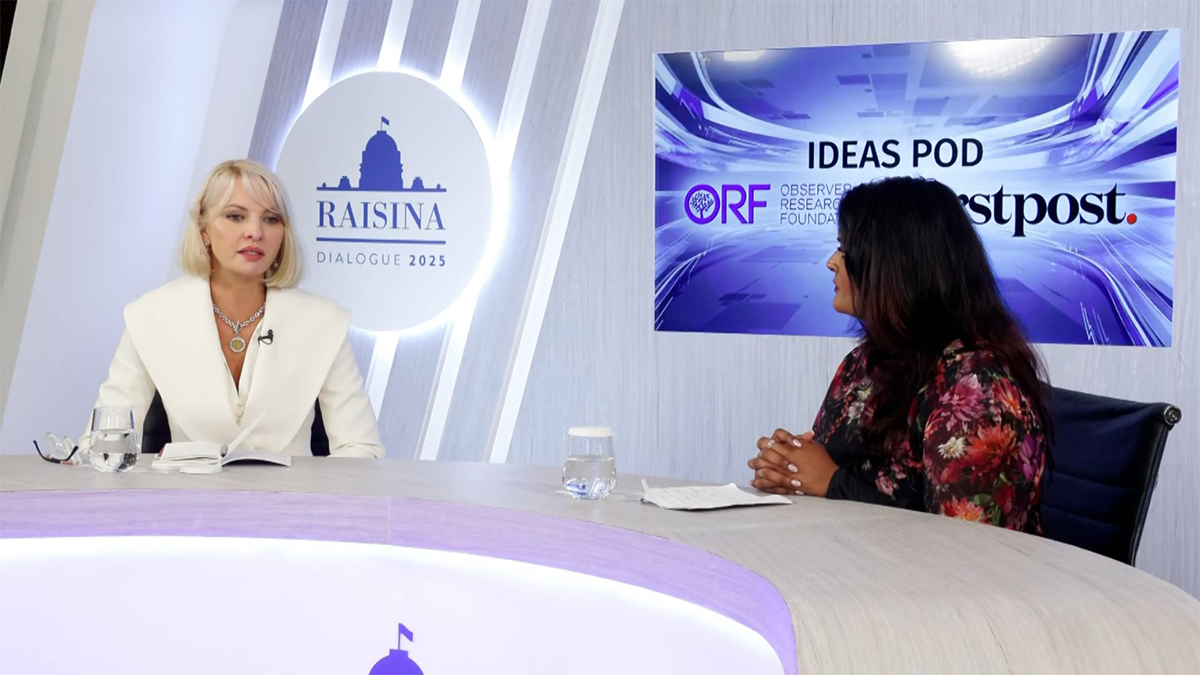)
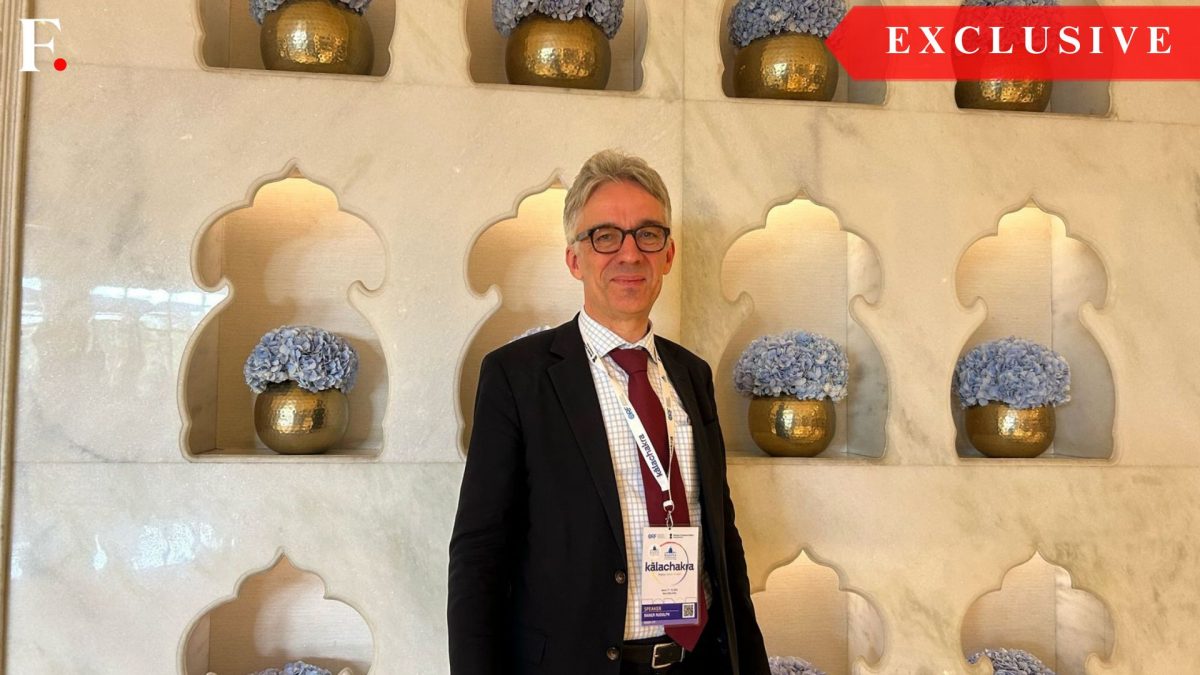)
)
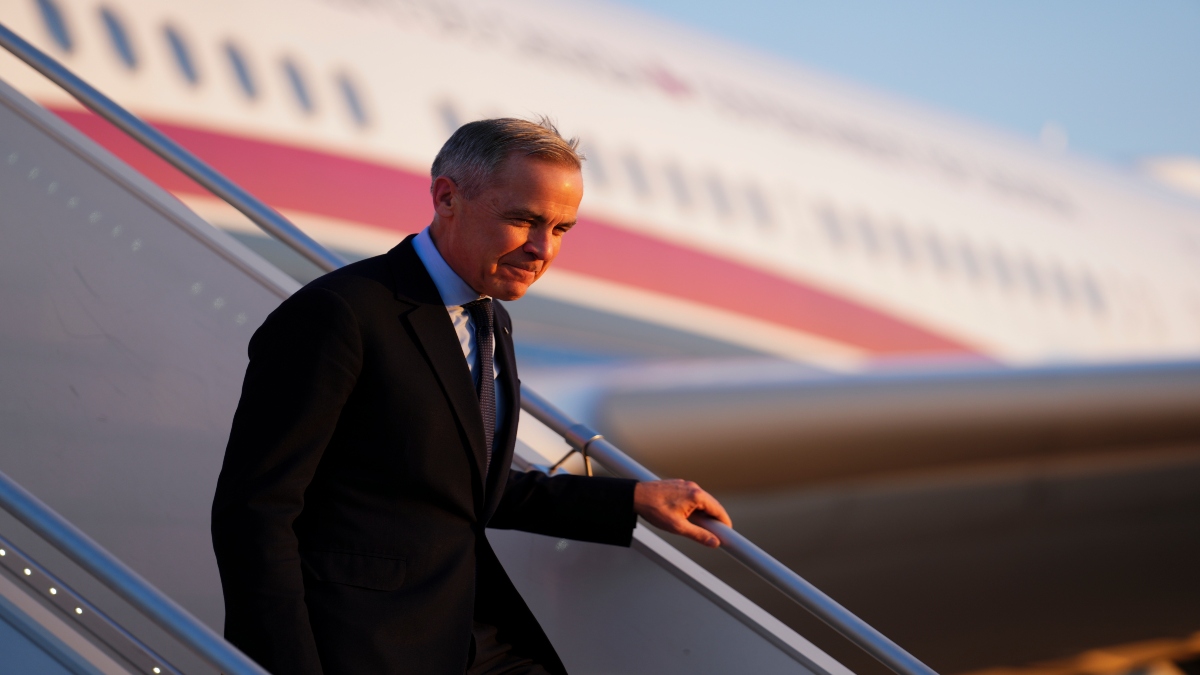)
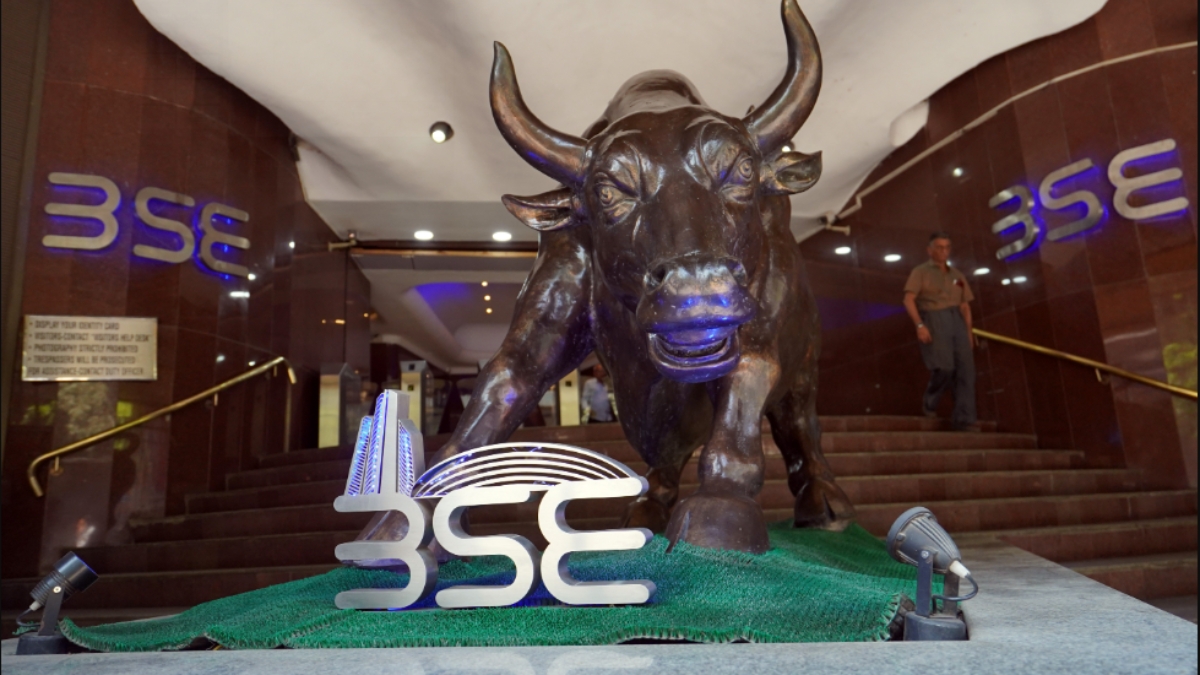)
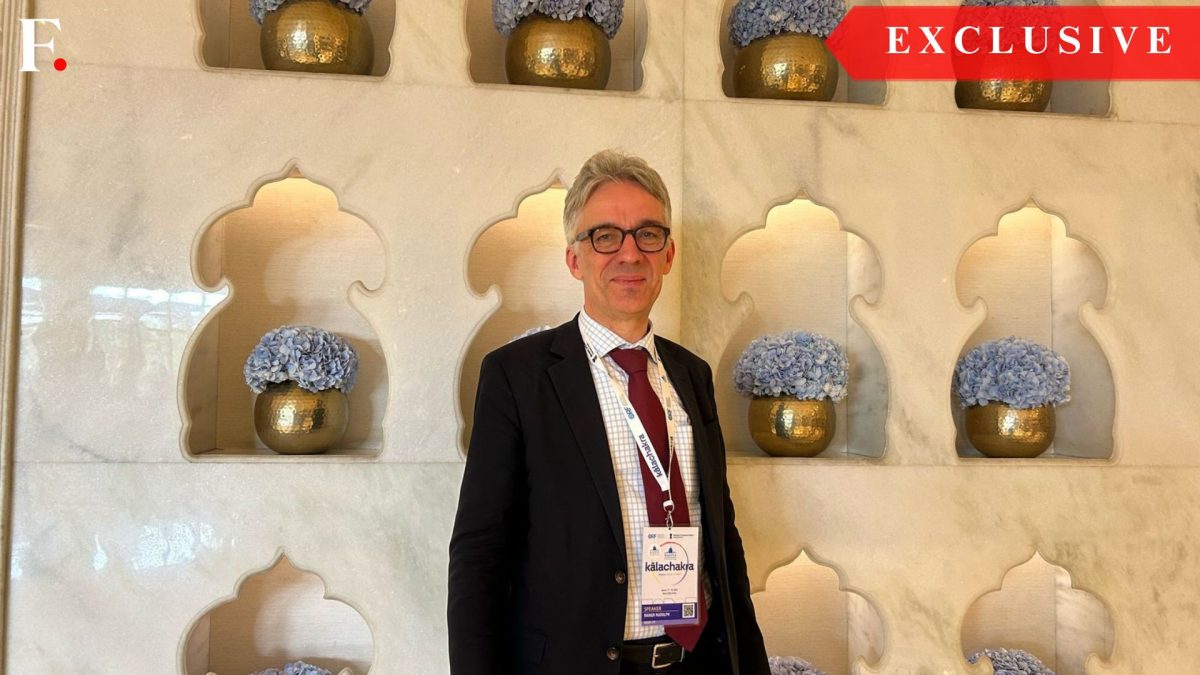)
)
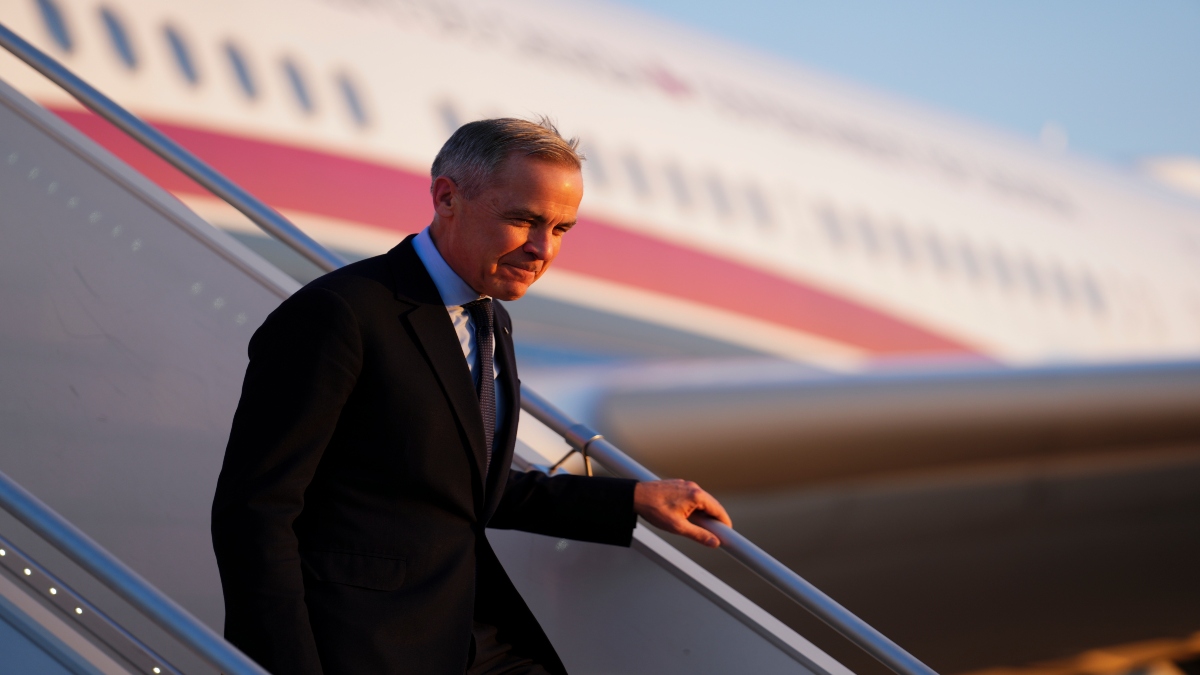)
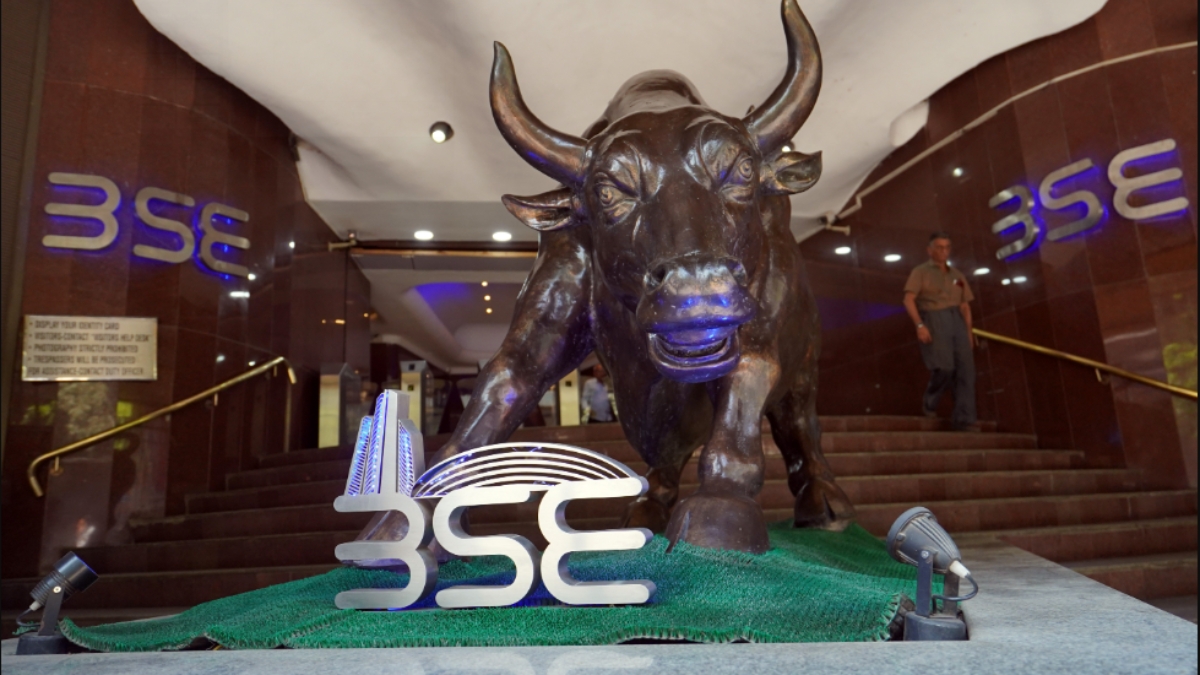)



